
-

July 24, 2020 Here is an interview on “Leadership without Ego” that Bob Davids gave to Wanda Wallace of Voice of America. He covers in it his views on leadership, entrepreneurship, and even wine, all illustrated by a variety of…
-
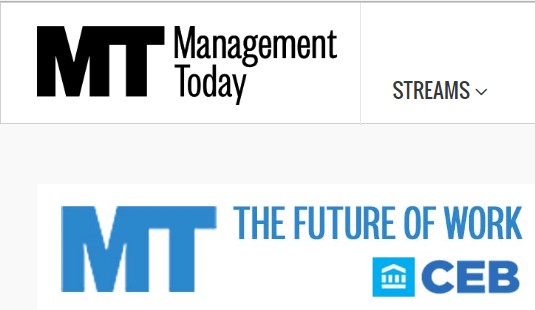
Op-Ed in Management Today: Real leaders need to lose the ego
Real leaders need to lose the ego By Isaac Getz, Management Today, 13 Feb 2019 “The biggest shortage in the world is not oil or food. It’s leadership without ego.” So said Bob Davids, who has successfully led six companies in diverse industries…
-
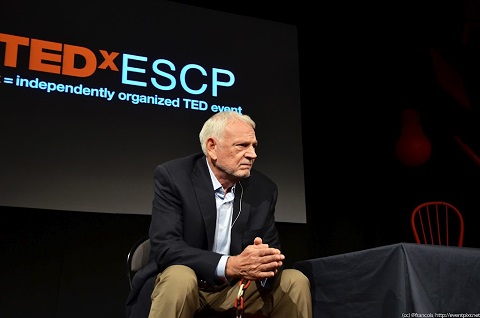
“Leadership without Ego” gems — Week V
Here is the 5th group of five little exceprts from Leadership without Ego by B. Davids, B. Carney & I. Getz (Palgrave MacMillan) in print Jan 2019. “The fun of a business is inversely linear to the size of the…
-
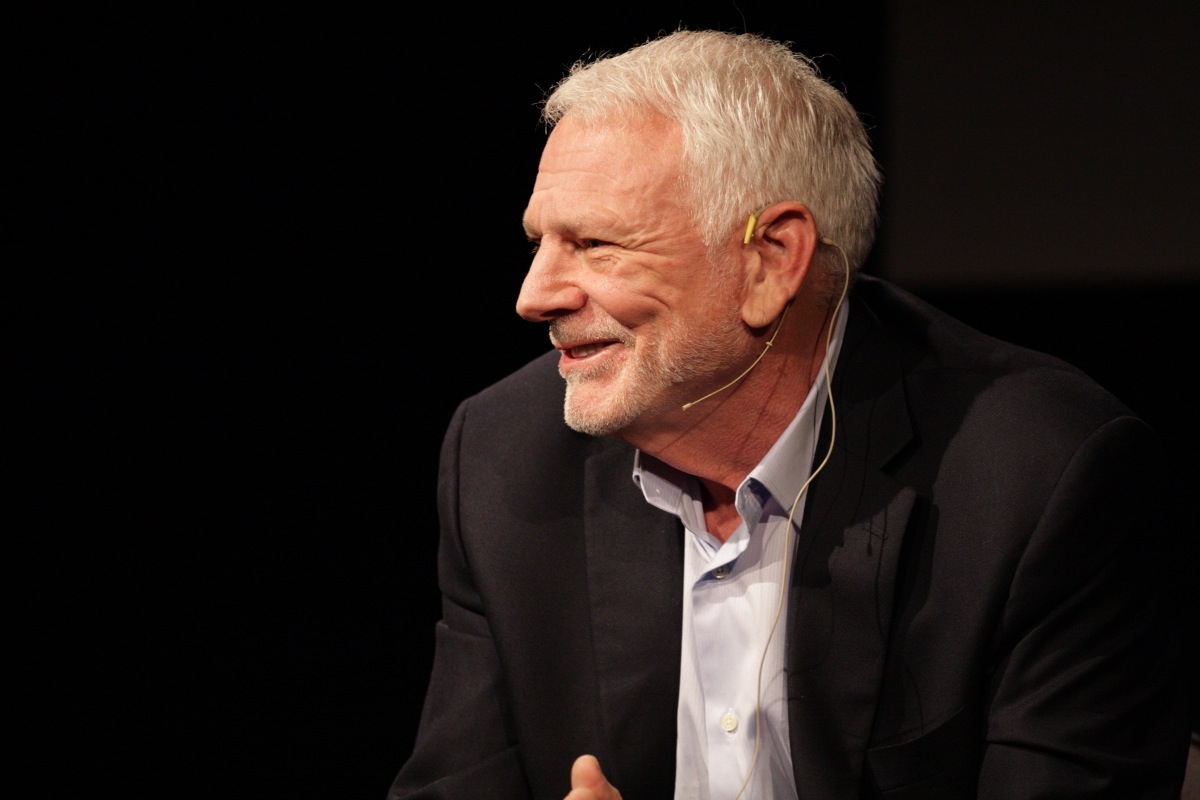
“Leadership without Ego” gems — Week IV
Here is the 4th group of five little exceprts from Leadership without Ego by B. Davids, B. Carney & I. Getz (Palgrave MacMillan) in print Jan 2019. “As the No. 2 person in your organization you have no chance to…
-
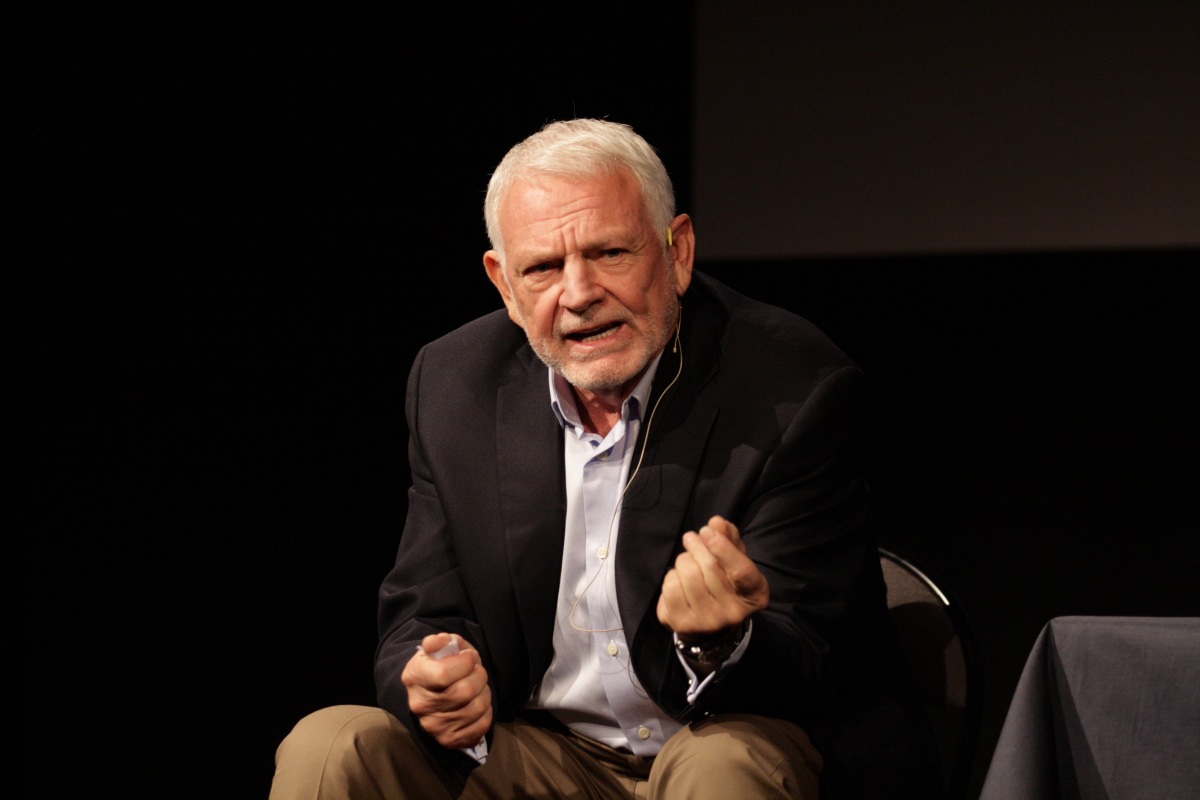
“Leadership without Ego” gems — Week III
Here is the 3rd group of five little exceprts from Leadership without Ego by B. Davids, B. Carney & I. Getz (Palgrave MacMillan) in print Jan 2019. “Candidates have to have the job skills to be interviewed, but the interview…
-
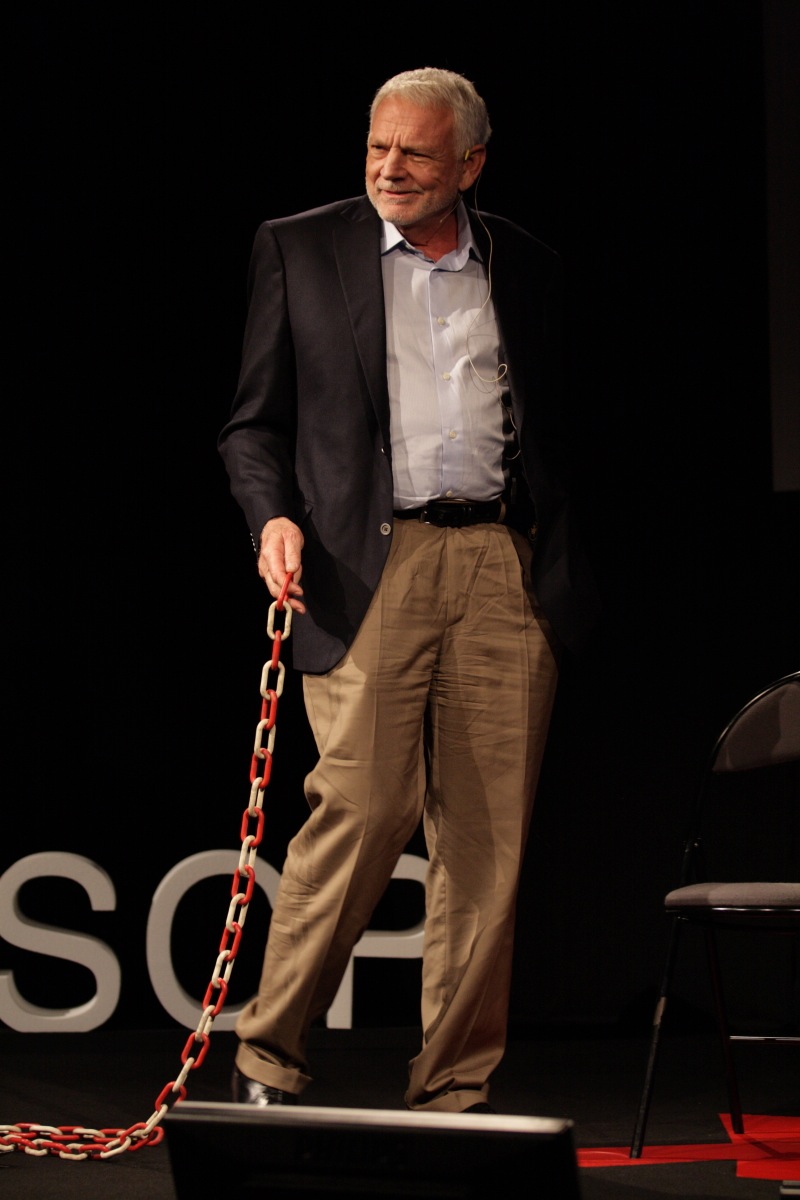
“Leadership without Ego” gems — Week II
Here is the 2nd group of five little exceprts from Leadership without Ego by B. Davids, B. Carney & I. Getz (Palgrave MacMillan) in print Jan 2019. “If I stack a chain on the table and then push it, what…
-
“Leadership without Ego” gems — Week I
Here are the first five little exceprts from Leadership without Ego by B. Davids, B. Carney & I. Getz (Palgrave MacMillan) in print Jan 2019. “The biggest shortage in the world is not oil or food—it’s leadership without ego.” “A…